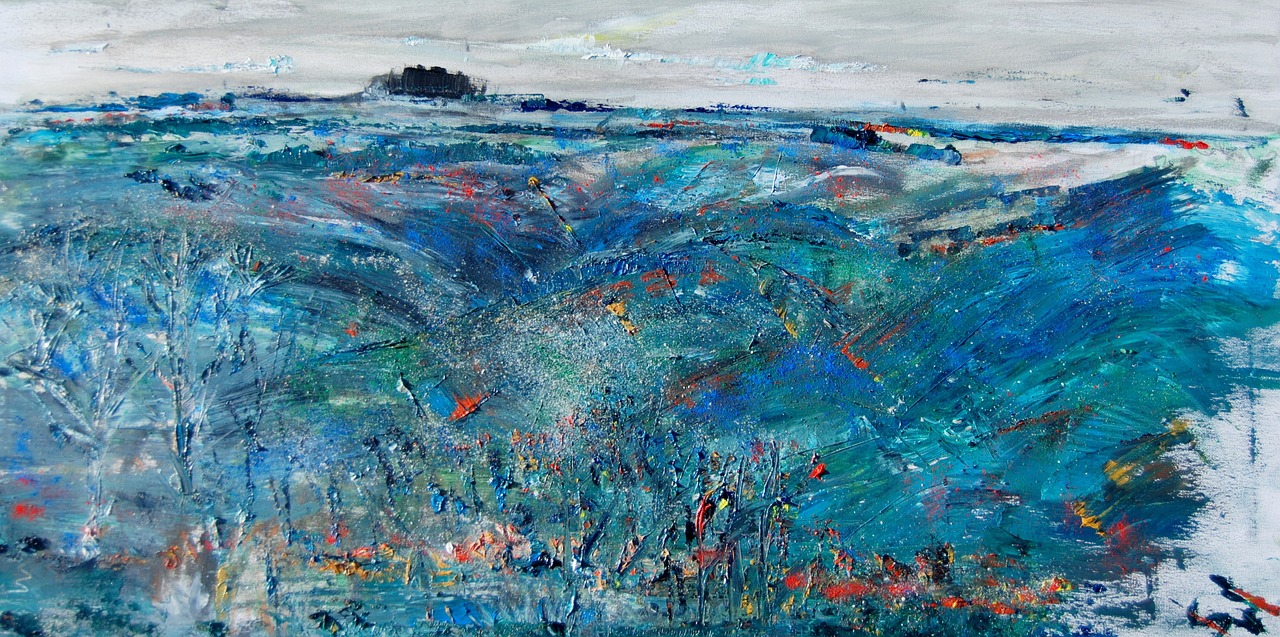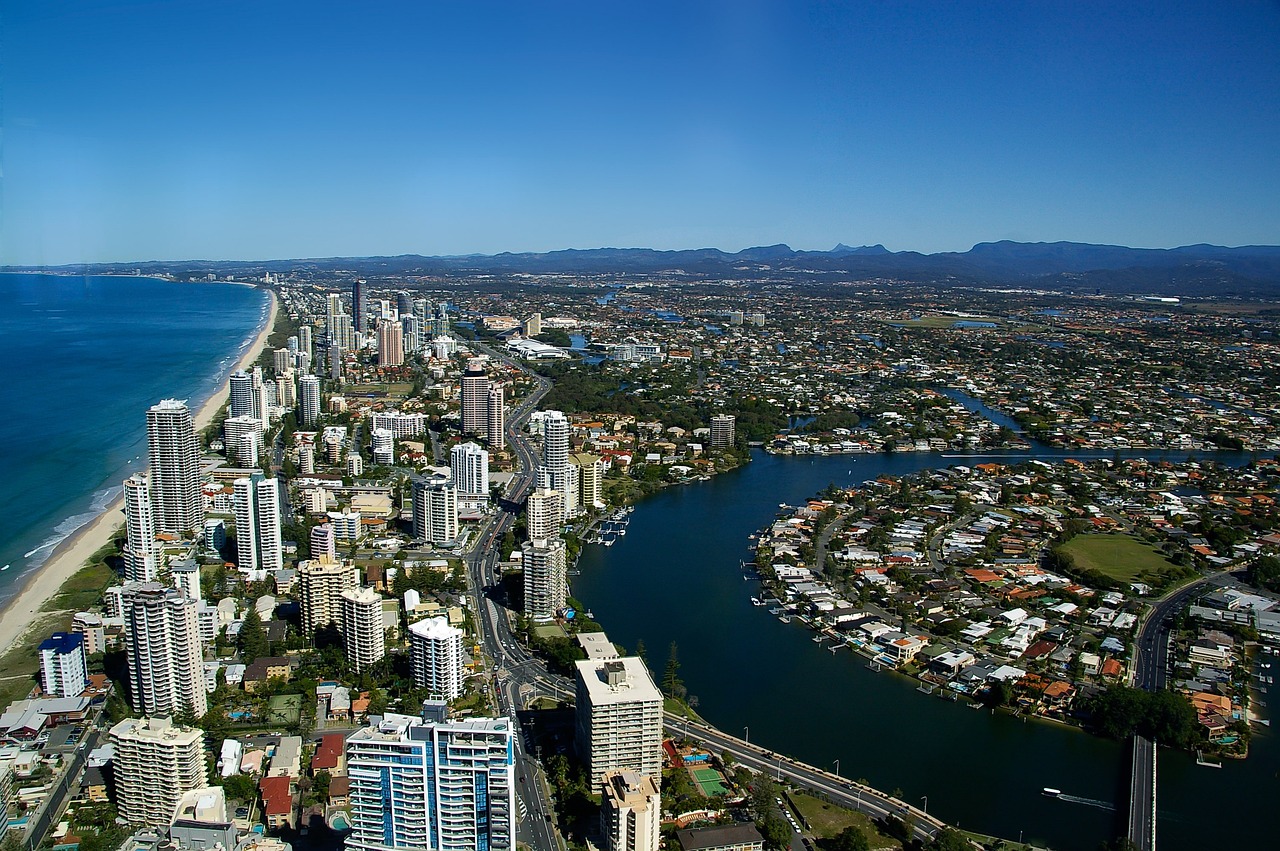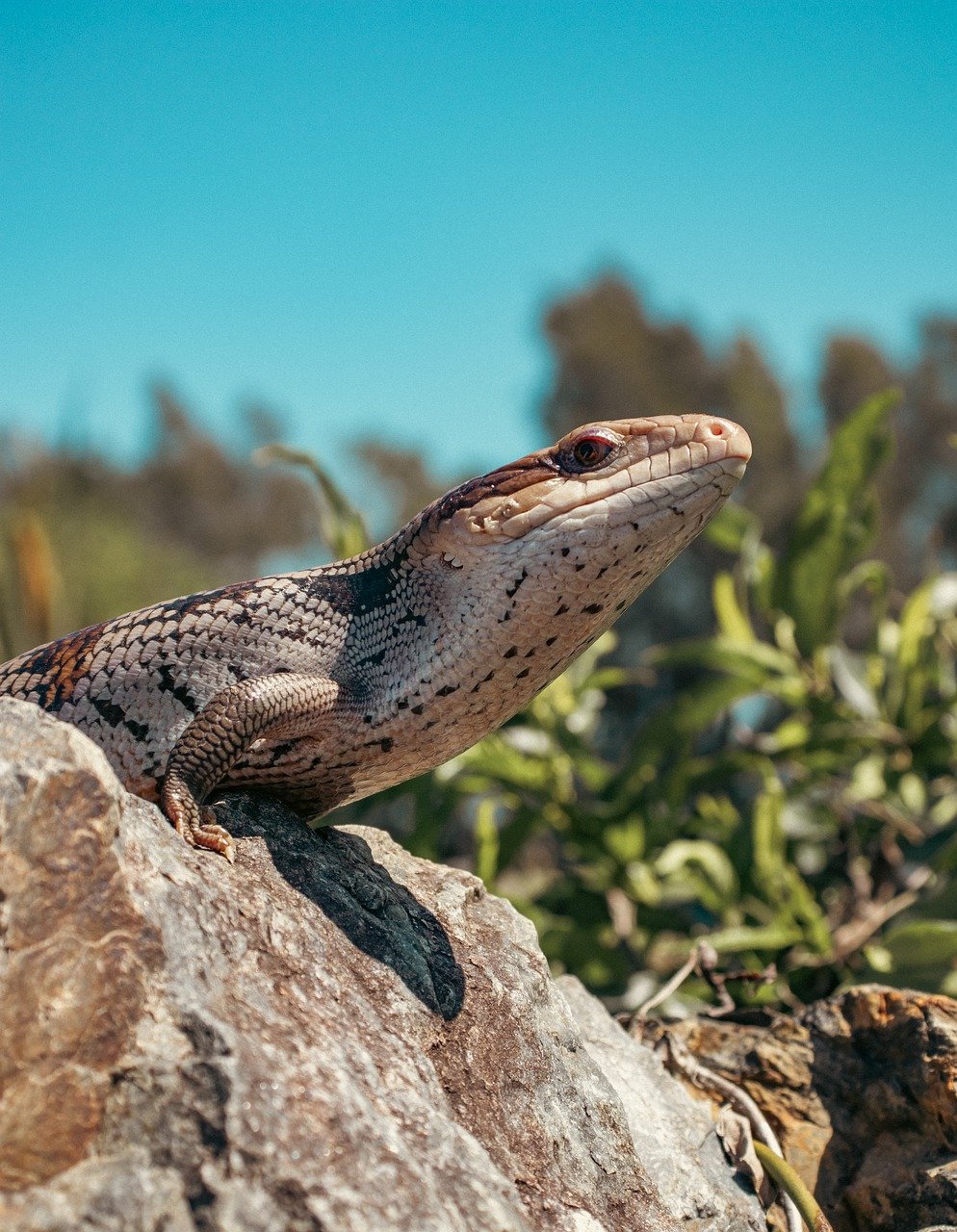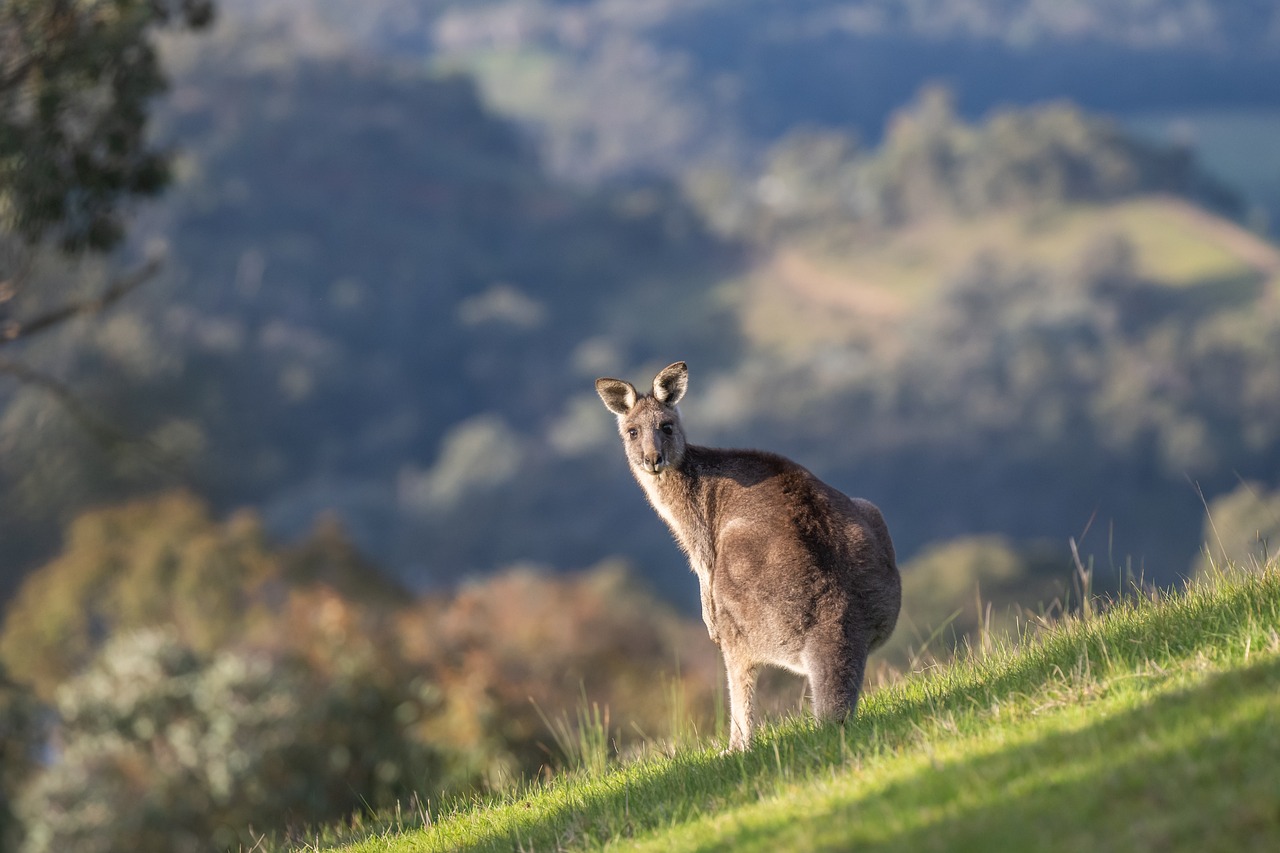Local Celebrations and Holidays: What to Expect in Australia
Australia is a country known for its vibrant and diverse culture, which is reflected in the numerous celebrations and holidays observed throughout the year. From national holidays to local festivals, Australians love to come together and celebrate. In this article, we will explore some of the most popular local celebrations and holidays in Australia and what you can expect when you join in the festivities.
Christmas
- Decorations: Australians embrace the Christmas spirit by decorating their homes and streets with colorful lights, wreaths, and Christmas trees.
- Carols by Candlelight: One of the highlights of the Christmas season is the tradition of Carols by Candlelight. Australians gather in parks and public spaces to sing Christmas carols by candlelight.
- Beach Celebrations: As Christmas coincides with the summer season in Australia, many Australians celebrate the holiday at the beach. Beach barbecues, picnics, and swimming are common activities during this time.
The Christmas season in Australia falls during the summer months, so you can expect to see unique decorations like surfboard Santa Claus and kangaroo-shaped ornaments.
This event often features performances by local musicians and celebrities, creating a festive atmosphere for all to enjoy.
It’s not uncommon to see families and friends enjoying a day at the beach, exchanging gifts under the shade of an umbrella.
New Year’s Eve
- Fireworks: New Year’s Eve in Australia is synonymous with spectacular fireworks displays. Major cities like Sydney, Melbourne, and Brisbane put on breathtaking shows that attract thousands of spectators.
- Outdoor Parties: Australians love to celebrate the New Year outdoors. Many people gather in parks, beaches, and public spaces to enjoy live music, food stalls, and entertainment.
- Midnight Countdown: As the clock strikes midnight, Australians join together in a countdown to welcome the New Year. Fireworks light up the sky, and cheers and hugs fill the air.
The Sydney Harbour Bridge fireworks display is particularly famous, drawing international attention every year.
It’s common to bring a picnic blanket, some snacks, and drinks to enjoy the festivities with family and friends.
The atmosphere is joyful and celebratory, with a sense of hope and excitement for the year ahead.
Australia Day
- Official Ceremonies: Australia Day, celebrated on January 26th, is a national holiday that commemorates the arrival of the First Fleet in 1788. The day begins with official ceremonies, including flag-raising ceremonies and citizenship ceremonies for new Australians.
- Community Events: Throughout the country, communities organize events such as parades, concerts, and outdoor festivals to celebrate Australia Day.
- Fireworks: Similar to New Year’s Eve, Australia Day is often marked with impressive fireworks displays in major cities and towns.
These events highlight the diversity and multiculturalism of Australia.
You can expect to find live music, food stalls, and various activities that showcase Australian culture and traditions.
The fireworks provide a grand finale to the day’s celebrations and create a sense of unity and pride among Australians.
Easter
- Religious Observances: Easter is an important religious holiday in Australia, with many Australians attending church services and participating in religious processions.
- Easter Egg Hunts: Easter egg hunts are a popular tradition during the Easter weekend. Children search for chocolate eggs hidden in gardens, parks, and even indoors.
- Family Gatherings: Easter is a time when families come together to share a special meal. It is common to have a large family gathering or a picnic in a park.
It is a time for reflection and celebrating the resurrection of Jesus Christ.
The excitement of finding hidden treasures brings joy and laughter to both children and adults.
Food, laughter, and quality time with loved ones are at the heart of Easter celebrations in Australia.
Anzac Day
- Dawn Services: Anzac Day, observed on April 25th, commemorates the Australian and New Zealand Army Corps (ANZAC) who served and sacrificed their lives in war and conflict.
- Parades and Marches: Following the dawn services, parades and marches take place in cities and towns. Current and former military personnel, as well as their families, participate to show their support and gratitude.
- Wreath Laying: Another important tradition on Anzac Day is the laying of wreaths at war memorials. This gesture symbolizes respect and remembrance for those who lost their lives in service.
The day begins with solemn dawn services held across the country, where people gather to pay their respects and honor the fallen.
It is a day of remembrance and reflection on the sacrifices made for the nation.
It is a poignant moment that honors the bravery and sacrifice of the ANZACs.
Harmony Day
- Cultural Diversity: Harmony Day, celebrated on March 21st, promotes inclusiveness and cultural diversity in Australia. It is a day to embrace and celebrate the many cultures that make up the Australian society.
- Community Picnics: Many communities hold Harmony Day picnics, where people come together to share food and stories from their cultures.
- Concerts and Performances: Concerts and performances featuring artists from diverse cultural backgrounds are a highlight of Harmony Day celebrations.
Various events and activities are organized to showcase different cultural traditions, music, dance, and food.
It is an opportunity to learn and appreciate the richness of Australia’s multicultural heritage.
Audiences can enjoy music, dance, and performances that showcase the talents and traditions of different communities.
Image 1: Australia

Reconciliation Week
- Indigenous Culture: National Reconciliation Week, held from May 27th to June 3rd, aims to promote reconciliation between Indigenous and non-Indigenous Australians.
- Art Exhibitions: Art plays a significant role in Reconciliation Week. Many art galleries and museums showcase Indigenous artworks, providing an opportunity to appreciate the rich cultural heritage of the First Nations people.
- Community Gatherings: Reconciliation Week encourages community gatherings and discussions on reconciliation. These events facilitate dialogue and understanding between different cultural groups.
During this week, various events and activities focus on raising awareness, understanding, and respect for Aboriginal and Torres Strait Islander cultures.
These exhibitions often explore themes of reconciliation and the importance of preserving Indigenous traditions.
It is a time for reflection, acknowledgement, and working towards a more inclusive and equitable society.
Queen’s Birthday
- Public Holiday: The Queen’s Birthday is celebrated on different dates across Australia, depending on the state or territory. It is a public holiday that honors the reigning monarch of the Commonwealth.
- Parades and Festivals: Some cities organize parades and festivals to mark the Queen’s Birthday. These events often feature marching bands, floats, and street performances.
- Community Events: Community organizations and local councils host various events such as fairs, markets, and sports competitions to engage residents and celebrate the Queen’s Birthday.
On this day, many Australians enjoy a day off work and spend time with family and friends.
It is an opportunity to celebrate the monarchy and enjoy a festive atmosphere.
These events foster community spirit and bring people together.
Image 2: Australia

NAIDOC Week
- Indigenous Heritage: NAIDOC Week, held in the first week of July, celebrates the history, culture, and achievements of Aboriginal and Torres Strait Islander peoples.
- Flag Raising Ceremonies: NAIDOC Week often begins with flag raising ceremonies, where the Aboriginal and Torres Strait Islander flags are raised alongside the Australian flag.
- Cultural Performances: Throughout the week, cultural performances, art exhibitions, and storytelling sessions take place to showcase the diversity and richness of Indigenous cultures.
It is a time to recognize and honor the contributions of Indigenous Australians to the nation.
These ceremonies symbolize unity, respect, and recognition of Indigenous heritage.
These events provide an opportunity to learn, appreciate, and celebrate the traditions of the First Nations people.
Ekka – The Royal Queensland Show
- Agricultural Show: The Royal Queensland Show, also known as Ekka, is an annual agricultural show held in Brisbane. It showcases the best of Queensland’s agriculture, livestock, and rural industries.
- Showbags: One of the highlights of Ekka is the showbags. Showbags are bags filled with various goodies, toys, and treats that can be purchased at the show.
- Rides and Entertainment: Ekka offers a wide range of amusement rides, live entertainment, and performances. From thrilling roller coasters to animal shows, there is something for everyone.
It is a major event that attracts visitors from all over the state.
Children and adults look forward to exploring the showbag pavilion and choosing their favorites.
The atmosphere is vibrant and festive, creating a memorable experience for visitors.
Image 3: Australia

Melbourne Cup
- Horse Racing: The Melbourne Cup is one of the most prestigious horse racing events in Australia. It takes place on the first Tuesday of November and is often called “the race that stops the nation.”
- Fashion and Glamour: The Melbourne Cup is also known for its fashion and glamour. Attendees dress in their finest outfits and compete in fashion competitions.
- Public Holiday: In the state of Victoria, the Melbourne Cup is a public holiday. Many people take the day off work to enjoy the festivities and watch the race.
People gather at racetracks, offices, and homes to watch the race and participate in sweepstakes.
It is a day to showcase style and elegance.
It is a day of excitement, celebration, and friendly competition.
Conclusion
Australia is a country that loves to celebrate and embrace its cultural diversity. From Christmas on the beach to ANZAC Day dawn services, each celebration and holiday offers a unique experience. Whether you’re a visitor or a local, joining in these festivities provides an opportunity to connect with the Australian spirit and create lasting memories.
References:
– National Australia Day Council: www.australiaday.org.au
– Harmony Week: www.harmony.gov.au
– Reconciliation Australia: www.reconciliation.org.au
– NAIDOC: www.naidoc.org.au
– Ekka: www.ekka.com.au
– Melbourne Cup: www.flemington.com.au


